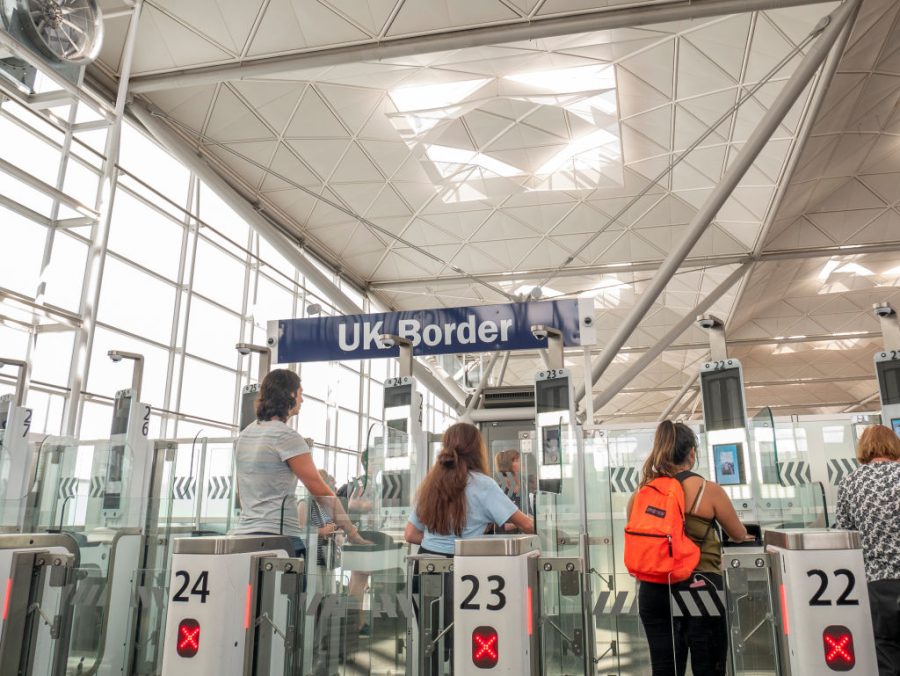Another day at the Office for National Statistics (ONS), another apparent data mishap – this time on net migration figures. The agency published revised figures for 2021 to 2024 this morning, which set out a very different picture on who’s been coming in and out of the country.
The ‘Boriswave’ was larger than previously thought
For a start, the ‘Boriswave’ was larger than previously thought. When Brits are excluded, net migration is now thought to have peaked at over one million people in the year to March 2023 – some 110,000 higher than the previously estimated record high.
Including Brits, there was a substantial downgrade in the revision. Total net migration for the three-and-a-half-year period has been revised down by 97,000 compared to the original estimates from earlier this year. Good news for the efficacy of the tightened visa measures brought in under the previous government but terrible news for the ONS.
For 2024, the revisions were even more drastic: the new figures have 345,000 more people arriving in the UK than leaving, compared with the initial figure of 431,000. Meanwhile the number of British nationals leaving the country last year was three times the previous estimate: 257,000 compared with just 77,000. These changes confirm what many had already feared: that far more people are leaving Britain than had been thought previously.
But that’s not the only dynamic at play here. The ONS has switched from survey data to administrative data from the visa, benefits and tax systems – hence these revisions. Migration numbers are always revised but, as I explored in the magazine earlier this month, this is the latest data embarrassment for an organisation constantly beset by statistical problems.
Getting these numbers right really matters. Plainly migration is one of if not the most salient issue in British politics. Fair and healthy debate on it can happen only if the statistics underpinning the discussion can be trusted.
Last week, the ONS confirmed my magazine report when it announced it would scale back its work on health and crime statistics to focus on getting the economic basics right. That was meant to be step one in a strategy to win back public trust in its statistical outputs. The consequences of not doing would not only be financial but harmful to public debate too.
The ONS is always good at coming forward with explanations for its mistakes. But, if this goes on much longer, mea culpas may not be enough.








Comments